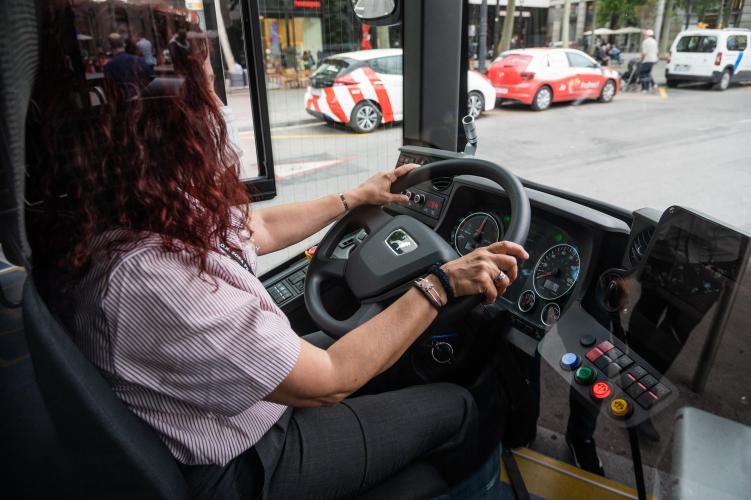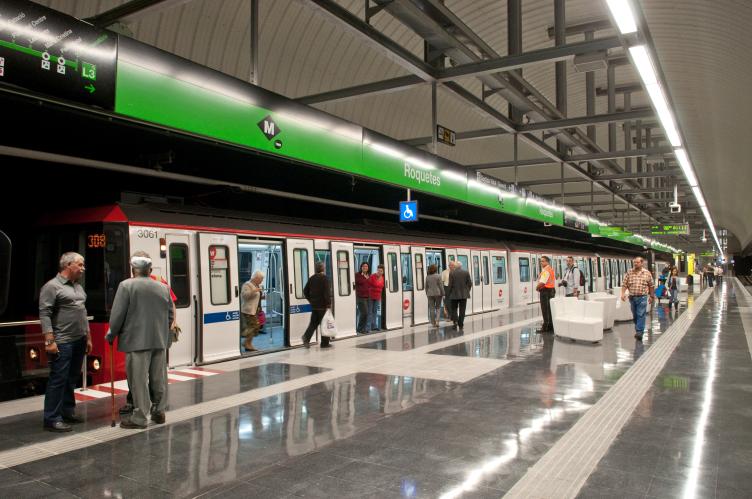
When Barcelona’s public transport company was talking to the EIB about loans to renew its rolling stock and buy electric buses and charging infrastructure, another problem emerged that demanded a solution. In developing its social responsibility and equal opportunity policies, the company wanted to address incidents of sexual harassment and discrimination occurring on its networks.
“Our original plan only involved measures to prevent harassment directed specifically at women,” says Raquel Diaz, head of social responsibility, women and diversity at Transports Metropolitans de Barcelona (TMB). “That plan evolved, incorporating specific measures to combat LGBTIQ+-phobia on public transport networks.”



